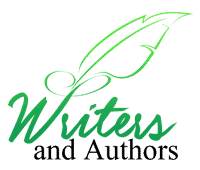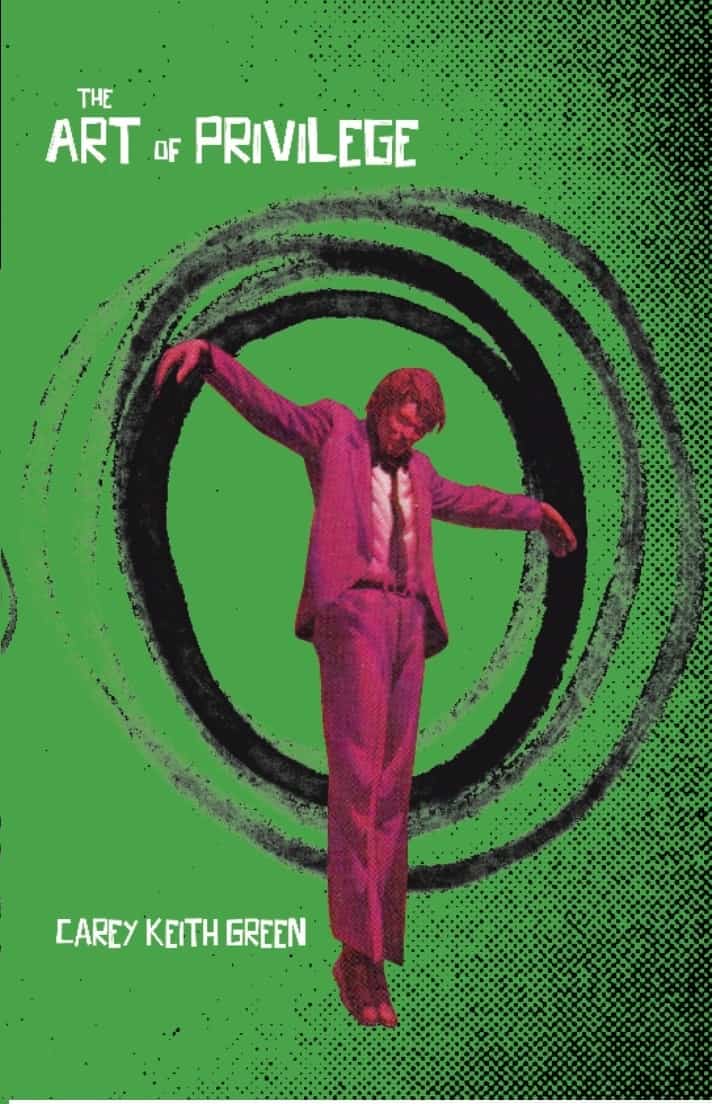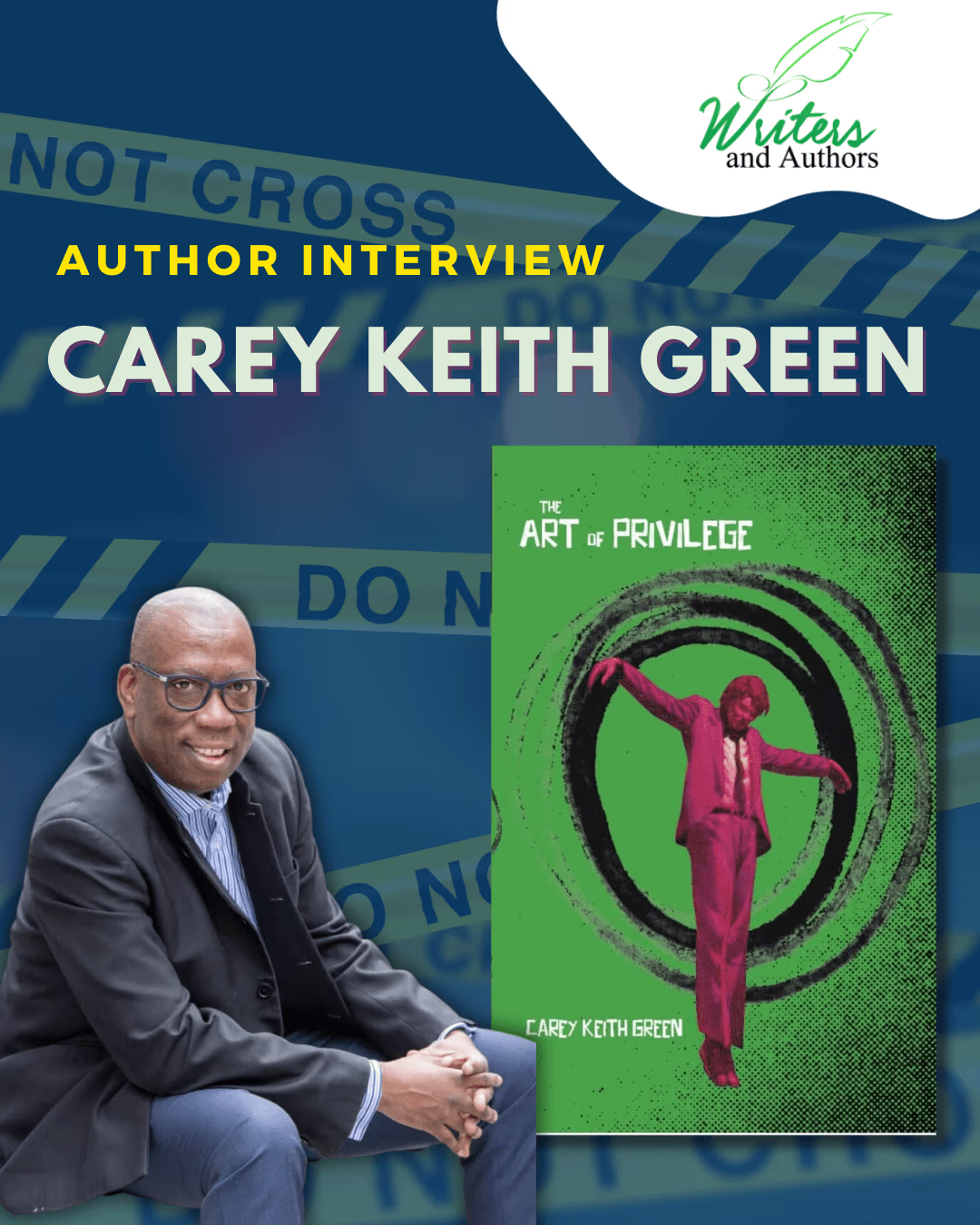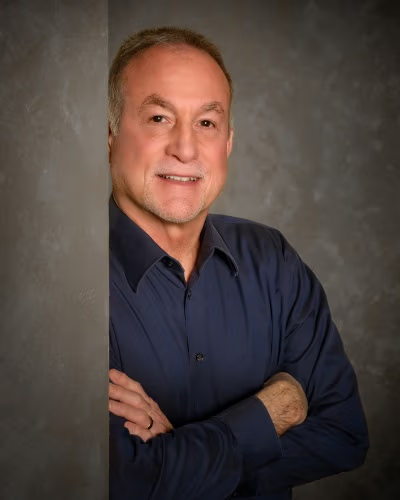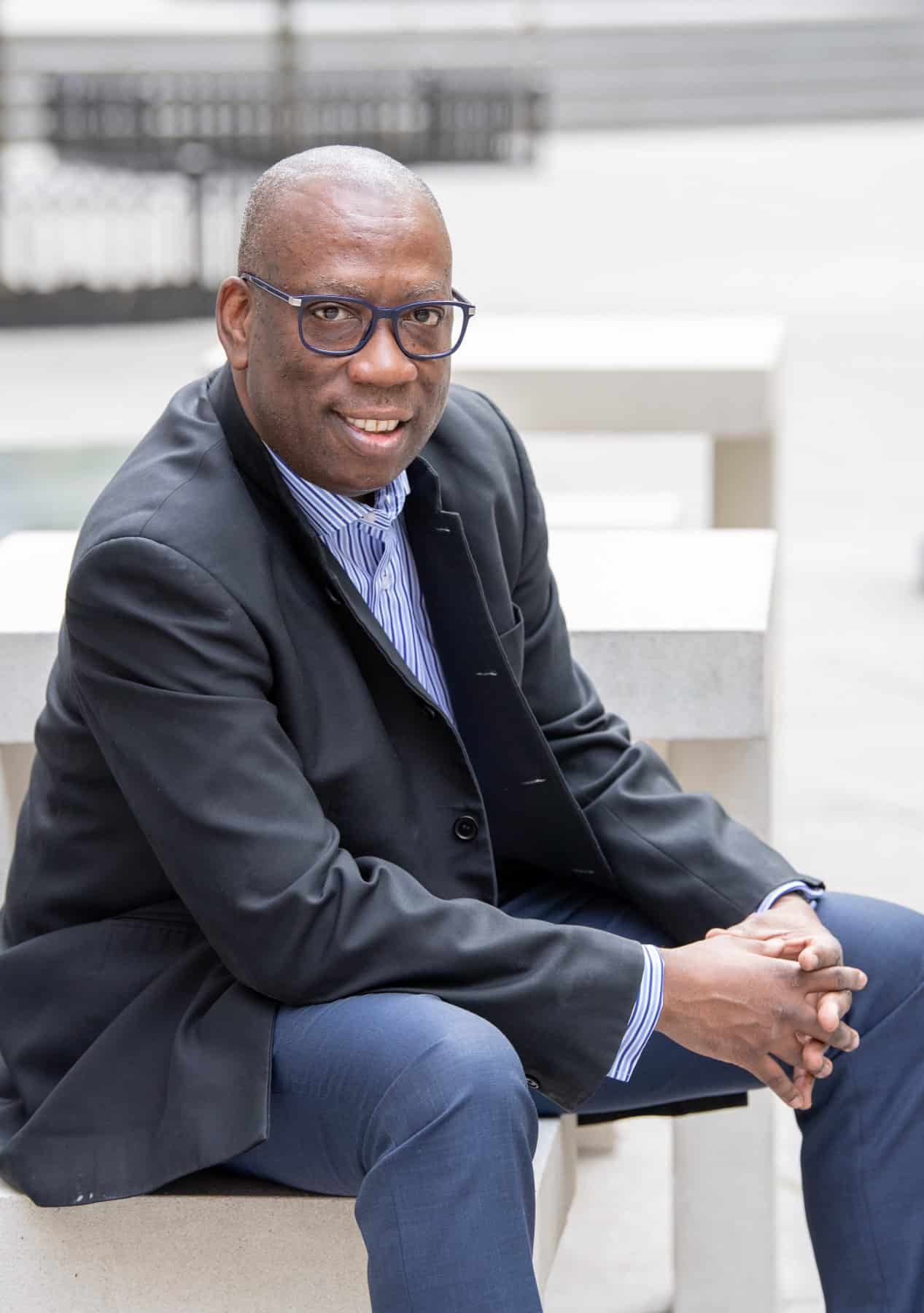
Carey Keith Green left his native Los Angeles at age seventeen to earn his BA at Columbia University in New York City. He now resides in Brooklyn. While still an undergrad, he started working for an investment bank, Oliver Wyman, and he also wrote a play that was produced in NYC and London. Drawing upon his career in working behind the scenes at investment banks (Morgan Stanley, Credit Suisse, Bank of America), he writes suspenseful fiction, dealing with the tumultuous worlds of Wall Street, geopolitics and New York City. The Art of Privilege is Carey’s third book.
Interviewing Carey Keith Green about “The Art of Privilege,” a Financial Crime Thriller
Can you provide a brief overview of “The Art of Privilege” and what inspired you to write this financial crime thriller?
I don’t consider myself a financial crime writer; I’m a novelist who has written about financial crimes as part of a series. I was a writer and software developer before I became a banker. While I would like to continue this series, by no means will I focus solely on that subject matter.
I think the initial impetus was to explore a situation where a newcomer goes into a firm and discovers something illegal, etc. Well, that plot has been done many, many times, so I decided to explore multiple characters, unrelated at first, having to unite and solve a problem in different and novel ways. I think ultimately this was to broaden the book away from the purely financial thriller.
Financial crime is a complex and ever-evolving topic. How did you research and ensure the accuracy of financial elements in your book? The crimes in the book are purely fiction obviously and based on conjecture. I’ve worked in the industry for over twenty years, and I’ve seen a fair share of financial crimes. I think Insider trading is a pretty well-known concept, i.e. “Wall Street”, Martha Stewart, so most people are familiar with that. Obviously, the book has some extensions but not too wildly.
The financial crime thing can be tricky. People want these types of books, but If you do too much or do it poorly, it can turn off some people from picking it up. When you get into topics such as derivatives, or exotic financial concepts it gets hairy. “The Big Short” did an excellent job with this. I think the film “Margin Call” does a good job with these concepts. Perhaps it’s different with film, books things get genre specific labels which may or may not help sell the book.
The world of financial crime is also very murky. One of the things the books deal with is hacking of corporate entities and paying ransoms. This is far more common than people think. In fact, MGM Casinos, one of the largest gaming groups in the world, is currently held hostage by digital casino bandits, even though they’ve paid some ransom. Crazy stuff.
Now as for whether certain things are realistic, I’ll leave that to the reader.
“The Art of Privilege” explores the theme of privilege in the world of finance. How does this theme play a role in the story, and what message or commentary are you hoping to convey? Themes can be a bit tricky in the world of thriller/mystery as these books are not really theme driven as say literary or general fiction. But I do think the book has themes: man vs. Corporation, the outsized role of corporations in American life, and a more general theme of what it means to be successful in the current landscape of American life. The book also deals with the corporatization of news and how the influence of money plays a part in that. Someone once asked David Mamet why all his plays were about business. He answered: “Because America is about business.” Very true. Purchase on Amazon
Tell us about the main characters in your book. What motivated their actions and decisions throughout the story? Dylan is a character caught between a desire to make money, and a desire to do good, whether that is artistic creation or otherwise. He doesn’t come from money, becomes adept at making it though it doesn’t necessarily give him the comfort that it gives others around him. For the most part he is surrounded by people whose sole desire is to enrich themselves.
Financial thrillers often involve intricate plots and schemes. Can you share some of the challenges you faced in crafting a compelling and believable narrative? It’s never easy to write 300 pages of compelling characters, coherent plot, and a story that makes readers keep turning the page. It’s very hard. So, often we rely on craft and structure to help us through these rough spots. The thriller genre has the obvious advantage that you can always move the story around if needed. If stuck, add a bad guy in Bogota and work your way out.
Were there any real-life financial crimes or scandals that served as inspiration for the events in your book? Yes. Several colleagues, some of whom I was very close with, went to prison. That was a sad, sad situation that affected many people both indirectly and directly. Their crimes have no relationship to those in this book, but I think this was definitely a turning point in my writing as I became interested in this genre or type of book than I was previously. I would say, my previous work was more “general fiction”.
The title, “The Art of Privilege,” suggests a connection between privilege and financial success. How do you explore this connection in your story? The title for this one was tough. No one liked my working titles. I’ll leave it at this: it was a group effort to come up with something likeable. This may seem odd to some people as one would think that title comes first. This is mostly true but the ones I had were not really grabbing the people the way I hoped.
Leaving that aside, I think the term privilege works well because the book makes various dichotomies of various groups, some obviously very privileged, some not so much. Aligning it with the word art gives it a nice twist as art does play some role in the book. Purchase on Amazon
What do you hope readers will take away from your book in terms of financial literacy and awareness of financial crimes? The book is a bit complicated in terms of finance as it deals with various financial concepts, some of which are complex: IPOs, insider trading, deal-making. I try not to be too bleak, but there’s probably more fraudulent activity than most could imagine. The show “American Greed”, highlights this. I hope its fun, and interesting.
Can you describe the writing process for “The Art of Privilege”? Did you have any unique approaches or rituals while working on this novel? This book underwent many, many drafts over a ten-year period, though I probably did not work on it for five of those years. I think I originally wanted it to be a longer book. During the earlier part of this period, I became an acquaintance of the great novelist Peter Straub and saw myself going at least eight hundred pages as many of his books did. Ultimately, reality set in. Books of that scale require a great deal more effort from the publisher, agent and writer and it simply wasn’t in the cards.
In terms of my approach, I usually try to write in the evenings during the week, mornings on weekends. I don’t have specific writing rituals, though I do think it is important when you are writing a novel that you attempt to write every day, or as close to that as possible. Stephen King has written about this. Novels that aren’t written quickly can take on an odd, detached tone.
Are there any particular scenes or characters in the book that hold special significance for you? If so, why? I don’t know if I have any specific favorite scenes at this point, but I especially like certain scenes set in certain places: the Auction house, The Doubles Club, Bergdorf. Goodman. think the book goes to some fun places in New York City so that’s probably my favorite part.
Financial thrillers often involve a blend of suspense, intrigue, and moral dilemmas. How did you balance these elements in your storytelling? I don’t think there is any one answer to this. Having read hundreds of books of this genre, one would hope to have an internalized feel for what works and what doesn’t. I think the element of suspense is the toughest, because ultimately these books are judged on how adeptly you can keep the reader tuning the pages.
What are some of the key moral or ethical questions that your characters grapple with in the story? How much should one sell their soul purely for money, even in an expensive world where we all need money. How should we cope with malfeasance.
Can you tease any upcoming projects or sequels related to “The Art of Privilege”? The new book is set in Switzerland. Fun, fun stuff and I take it all the way back to WWII.
In the world of financial crime thrillers, there are often hidden agendas and unexpected twists. Without giving too much away, can you hint at any major plot twists readers can anticipate? Nope lol.
Finally, what advice do you have for aspiring authors who want to write compelling and thought-provoking thrillers, especially in the financial crime genre? For all the problems in our world, one great thing is that we live in an age where there is almost unlimited information on everything. I did a TikTok with my 25 books on writing. There are tons of books on mystery/thriller writing. Even though I had these books, coming from a more literary fiction background probably hindered me from using this material successfully. I learned by trial and effort. I did workshops and writing groups when I was younger but don’t have the time and patience for that, at least at the moment.
It’s funny. People ask me this question all the time and one of the places I point them to is Brandon Sanderson’s YouTube lecture series of fiction writing and world-building. I’m not a huge fantasy reader, but his fiction writing material is great. I tell them: you can listen to me, or you can watch for free dozens of hours of lecture from a guy who sells millions of books.
The Art of Privilege
When Detective Charles Sleetch investigates the murder of a wealthy Wall Street banker and his stripper girlfriend, it doesn´t look like routine robbery homicide. The life and death of Katiana Angelska move him in a way that he has not felt in years.
Dylan Cash invested in his ex’s art gallery when he was flush as a trader on Wall Street. Off the street and out of luck, Dylan and his best friend, Charles “Binky” Bannister, have been day-trading out of the back-office of the gallery. One day, a stranger named Jonathan Shelby shows up with an intriguing offer. Thatcher Reed, a down on its heel boutique firm, needs to track down an insider trader, before it derails the IPO of Paradyne, a Blackwater-type defense firm.
What Dylan thought was a simple case of insider trading becomes a stunning tale of blackmail, deceit and murder that threatens to rock both Wall Street and the entire military industrial complex. Dylan and Sleetch eventually team up against powerful, evil men who will stop at nothing to achieve their goals.
